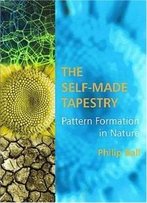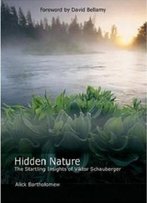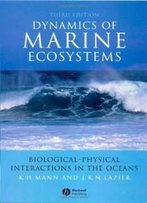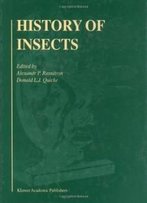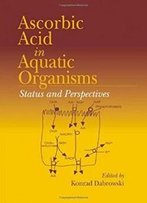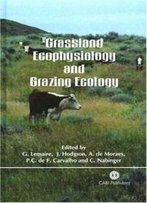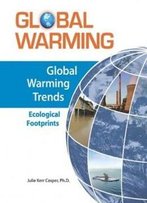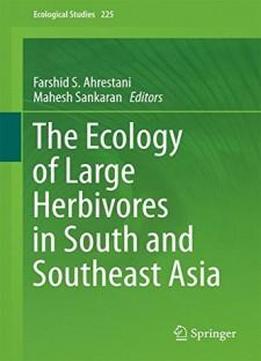
The Ecology Of Large Herbivores In South And Southeast Asia (ecological Studies)
by Farshid Ahrestani /
2016 / English / PDF
7.7 MB Download
Large terrestrial mammalian herbivores play critical roles in
ecosystems by acting as regulators of energy and nutrient
cycles, modulators of plant community composition and
grassland-woodland transitions, agents of seed dispersal, and
as prey for large carnivores. Though large herbivores represent
a prominent component of mammalian assemblages throughout South
and Southeast Asia, little is known about their roles in
ecosystems in the region.
Large terrestrial mammalian herbivores play critical roles in
ecosystems by acting as regulators of energy and nutrient
cycles, modulators of plant community composition and
grassland-woodland transitions, agents of seed dispersal, and
as prey for large carnivores. Though large herbivores represent
a prominent component of mammalian assemblages throughout South
and Southeast Asia, little is known about their roles in
ecosystems in the region.
This volume presents, for the first time, a collection of
studies on the ecology of the rich and diverse large herbivore
assemblages of South and Southeast Asia. Prepared by experts on
herbivores of the region, it covers a comprehensive range of
topics, including their evolutionary history, behavioural,
nutritional, and population ecology, patterns of diversity
across environmental gradients, roles as seed dispersers and
regulators of plant growth, community compositions, and their
conservation in the face of hunting and global change.
This volume presents, for the first time, a collection of
studies on the ecology of the rich and diverse large herbivore
assemblages of South and Southeast Asia. Prepared by experts on
herbivores of the region, it covers a comprehensive range of
topics, including their evolutionary history, behavioural,
nutritional, and population ecology, patterns of diversity
across environmental gradients, roles as seed dispersers and
regulators of plant growth, community compositions, and their
conservation in the face of hunting and global change.


